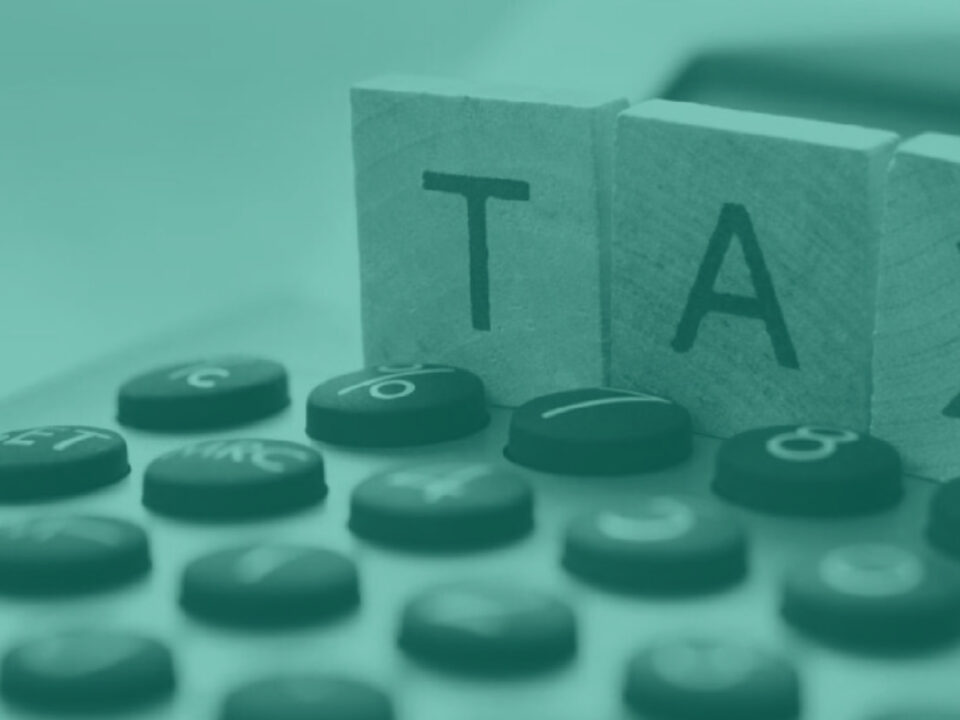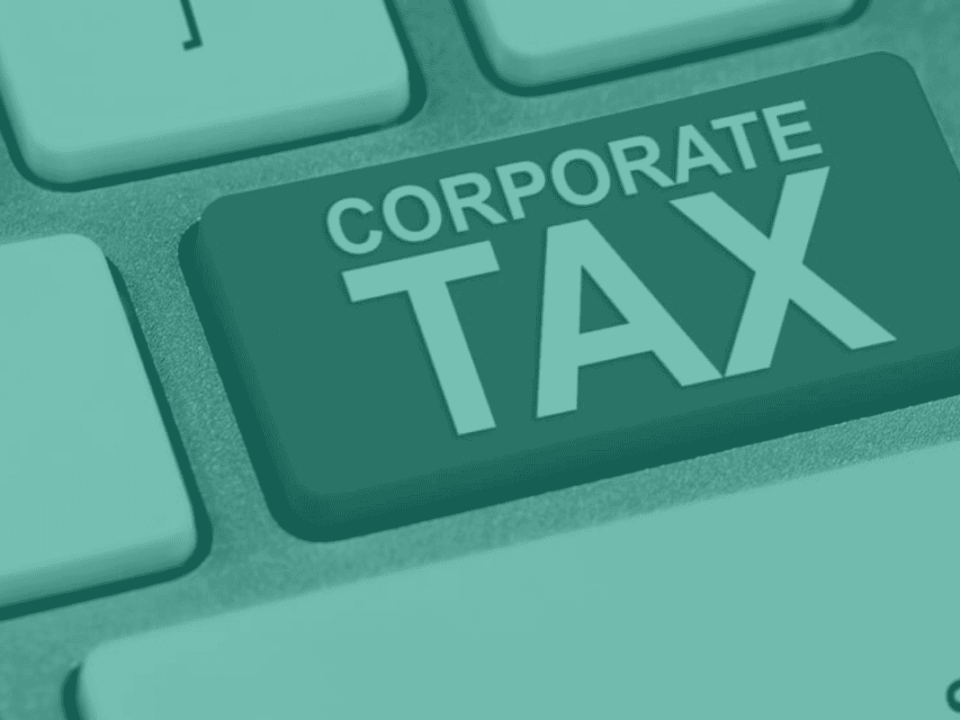WHAT ARE THE BENEFITS OF THIS CHANGE?
- The basic income tax rate will be reduced from 20% to 19% from April 2023. This should benefit around 31 million taxpayers.
- There is a reduction in Stamp Duty. The point at which is Stamp Duty is payable on property purchases has doubled from £125,000 to £250,000.
- There is also a special rate for first time buyers and the rate at which they start to pay Stamp Duty has gone up from £300,000 to £425,000. The Stamp Duty measures were effective from 23 September 2022.
COMMITMENTS & PLANS OF THE UK GOVERNMENT
In addition to the tax cuts, the government has committed to spending a lot of money on energy reduction and an energy price cap will be introduced to help households cope with escalating energy costs.
The pound fell to a record low of $1.03 against the dollar as markets reacted to the Chancellor’s proposals which will result in the UK’s biggest tax cuts in over 50 years. The resulting volatility was caused by investors selling the pound because they have doubts about the government plans. They are worried that some of the tax cuts that have been announced aren’t going to be fully funded.
The same concerns have also pushed up government borrowing. Consequently, the interest on 10-year bonds has risen from just over 1% in January to more than 4% now. The value of Government bonds has plummeted which has a knock-on effect on pensions. The Bank of England had to intervene and buy government debts.
The plans to abolish the 45p income tax rate paid by people earning over £150,000 were criticized as being anti-social when people are struggling with increased mortgage repayments and energy bills.
The Bank of England recently lifted interest rates by half a percentage point to 2.25% which is now the seventh consecutive increase and the highest for 14 years. If the pound stays at its current low level against the dollar, then it makes energy costs and commodities priced in dollars more expensive as the price of gas and petrol is largely based on the dollar.
UAE & UK RELATIONS
The UAE has become a popular holiday destination for British tourists, but they will find that their holiday has just become a lot more expensive.
However, on the other hand a weak pound can boost businesses which export to other countries as their goods become cheaper and more attractive to foreign buyers. The first round of negotiations on the UK-Gulf Cooperation Council (“GCC”) free trade agreement (“FTA”) commenced in August. An FTA will bring opportunities for businesses across the UK and the GCC by removing or reducing import tariffs.
It has been over 8 years since the GCC FTAs with the European Free Trade Association (2014) and Singapore (2013) entered into force. However, we have seen a lot intra-GCC cooperation since the double tax treaty between KSA and the UAE become effective from 1 January 2020. This was the first double tax treaty between GCC states, and several other tax treaties have been signed subsequently. The UK has deep historical and cultural links with the GCC countries and so the high volume of current trade and investment flows will mean that economic relations and cooperation will be enhanced.
Tax breaks should encourage economic growth and get the economy growing. It wasn’t the right time to introduce tax cuts for the wealthy as the country is in the middle of a cost-of-living crisis with rapidly escalating mortgage costs and energy prices.
TAKEAWAY
The “mini budget” represents the largest tax reductions in many years and a radical departure from the Conservative government’s previous 12 years of policies. Undoubtedly, money will need to be found to pay for the reductions in winter energy costs and the support for those costs; in the near term, this money will be funded from increased borrowing.
For more information regarding how Creation can assist with tax consulting services in the UAE, contact Steven Ireland, Head of Tax email [email protected] or [email protected] or call our Dubai +9714 8786240 or Riyadh +966 54 511 2494 to arrange your expert consultation.







